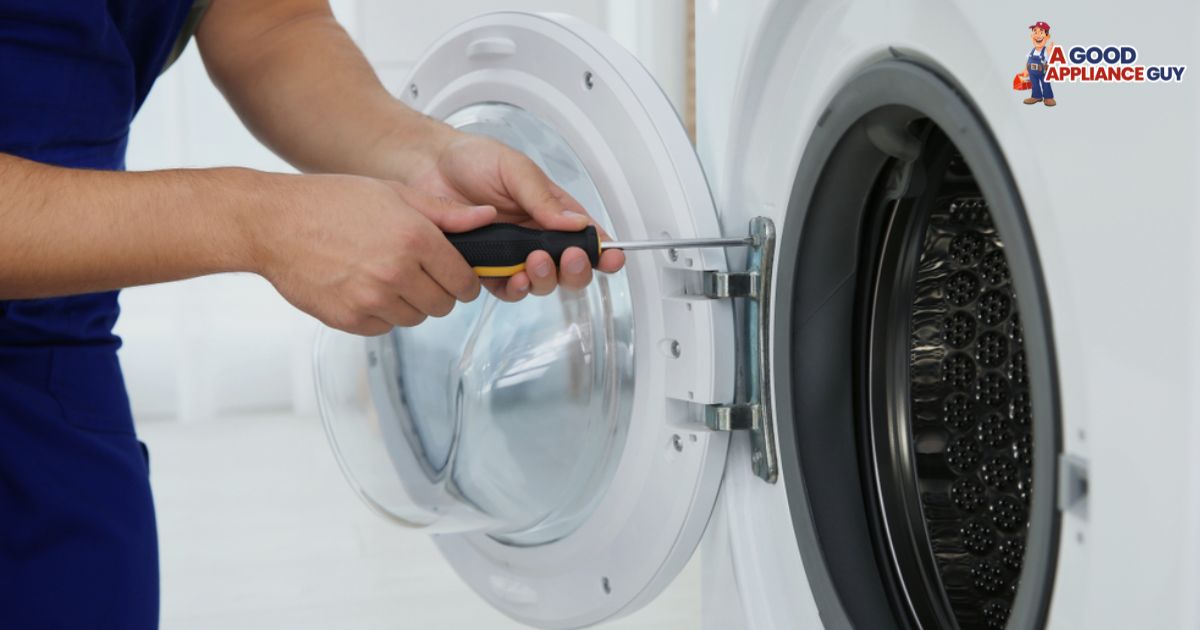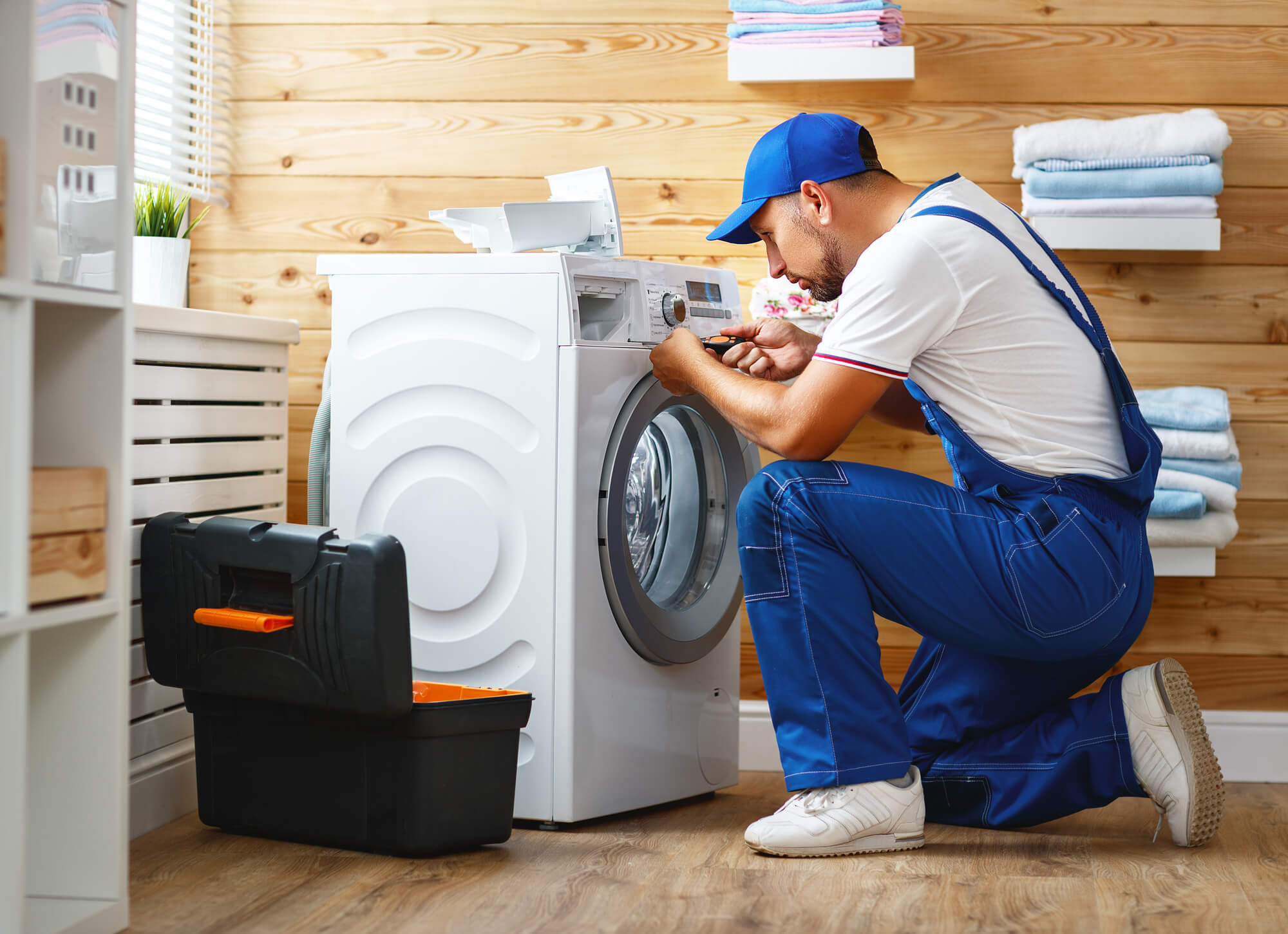When you plan on buying a refrigerator, it’s not an easy decision. You have to think about a lot of stuff such as how much budget and whether there are any good deals available in the market or not?
When you finally do find the right refrigerator, it’s definitely one of those highly gratifying feelings.
You thank God that you’ve finally found the right option for your home. You leave the shop after making a purchase thinking that this unit is definitely going to last for the next 10 to 20 years easily.
The thought that often evades you is that just like other electronics, you have to invest in your refrigerator’s upkeep. Refrigerators also require maintenance and when they are not serviced regularly, they can deteriorate and eventually break down.
Now comes the hard part, if your refrigerator breaks down, should you invest in fridge repair or should you replace the unit?
In this guide, we are going to answer this question.
Troubleshooting Your Fridge – Signs It’s Time for a Repair or Replacement
Overheating Woes
Ever wondered why your fridge can overheat? While it seems counterintuitive, the motor running your fridge can get too hot. Feeling excessive heat? It’s a sign something’s wrong.
If your fridge feels hotter than usual, call a technician to check the coils. Dusting condensers monthly can prevent this issue.
Freezer Frostbite
Your freezer turning into an iceberg? Try defrosting by unplugging the fridge, but if the problem persists, call a technician or consider a new refrigerator.
Older units lacking automatic defrost mechanisms are more prone to this, and investing in a modern appliance can save time and money in the long run.
Watery Woes
Puddles around your fridge? Not only is it inconvenient, but it’s also a hazard. Leaks can result from various issues, including worn door seals, loose hoses, or a broken drip pan.
While you can check some of these issues, it’s wise to call a technician to avoid wasting money on the wrong replacement parts.
Spoiled Surprises
Is your food spoiling faster than expected? Foul smells and rapid spoilage indicate it’s time for a new fridge. Inefficient cooling not only ruins your groceries but also wastes energy and money.
If your fridge struggles to maintain temperature settings, it’s a clear sign of its impending demise.
Noisy Neighbor
Is your fridge louder than usual? While some humming is normal, constant noise is a red flag.
Try unplugging and re-plugging, but if the noise persists, call a technician. A malfunctioning fridge shouldn’t disrupt your peace.
Condensation Conundrum
If your fridge is sweating on the outside, it’s not cooling properly. Check the rubber sealing around the door for water droplets, mold, or mildew.
Extreme condensation inside the freezer signals a temperature setting issue. Call a technician or replace parts to keep your fridge in top shape.
These signs are your fridge’s way of saying, “It’s time for a change!” Don’t let these issues spoil your groceries or break the bank.
Also Read: Troubleshooting Guide: Why Is My Freezer Running But Not Freezing?
Factors to Consider When Considering Refrigerator Repair
Refrigerator Age
Consider the age of your fridge, as it significantly influences its lifespan. While some models can endure for up to twenty years, standard refrigerators typically last 10-15 years.
Regular maintenance, such as cleaning coils and door seals, can extend its life. However, as a rule of thumb, if your fridge is over a decade old, ongoing repairs might become more costly than investing in a new unit.
Refrigerator Type
Different refrigerator types have varying repair considerations. Built-in refrigerators are often cost-effective to repair and have a longer lifespan. S
ide-by-side refrigerators are worth repairing within the first five years but may warrant replacement afterward. Bottom-freezer units should be repaired within seven years and considered for replacement after. Top-freezer models may be repaired within three years, considered for repair within three to six years, and replaced if older than seven years.
Energy Efficiency
Older refrigerators, predating Energy Star ratings (before 1992), contribute to high energy bills and environmental impact. A ten-year-old non-rated fridge uses double the energy of an Energy Star-rated one.
Investing in a new, energy-efficient refrigerator can lead to immediate savings on utility bills and benefit the environment.
Extent of Damage
Evaluate the severity of the refrigerator issues. Multiple faulty parts or extensive damage, especially in units over ten years old, may signal it’s time for a replacement.
Consumer Reports suggests replacing a refrigerator if the repair cost exceeds half the price of a new unit. Always consult with a refrigerator repair technician to assess the situation thoroughly.
Pro-Tip: Check for warranties or extended service plans before deciding on repair or replacement. If your fridge is under warranty, repairs or replacements may be covered, offering a more cost-effective solution. However, warranties typically expire after ten years, so consider this in your decision-making process.
Conclusion
The above discussed factors will help you decide whether it’s time to repair or replace your refrigerator. Depending on the condition, it’s always best to hire a professional appliance repair service for a quick diagnostic.
A quick assessment from a trained and certified expert will provide you with enough clarity on how you should proceed forward. Need an appliance repair expert? Dial 347-770-7278 and consult today!









